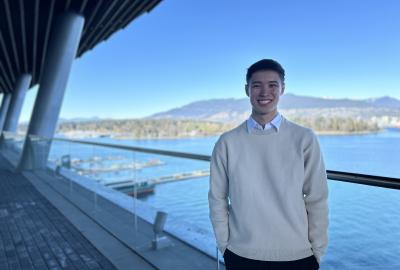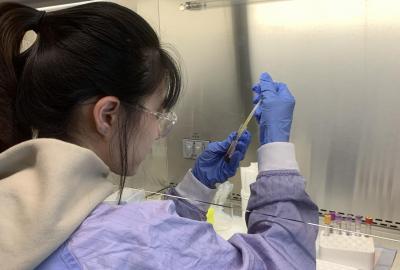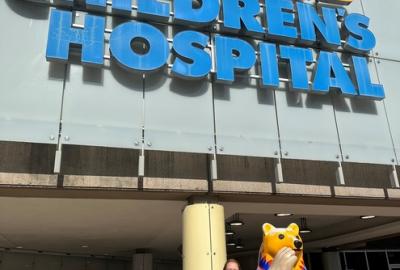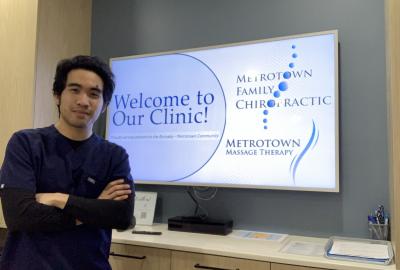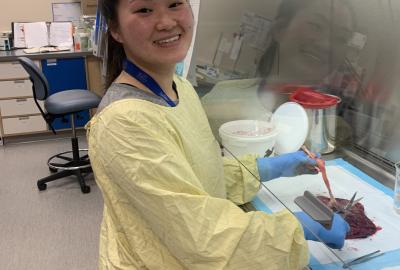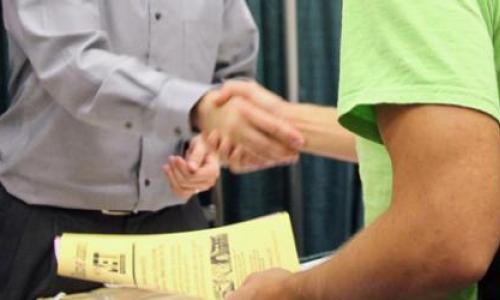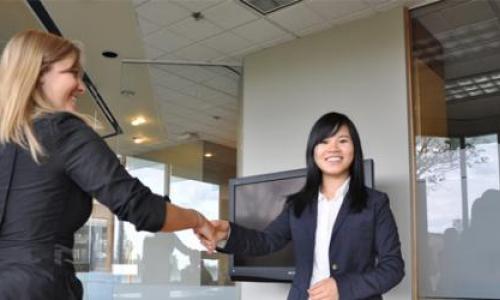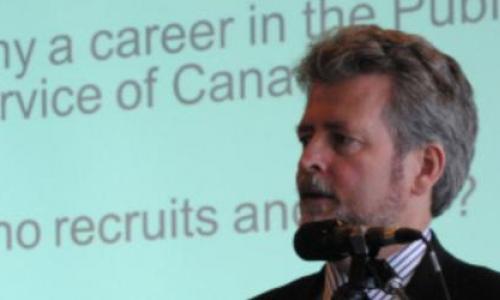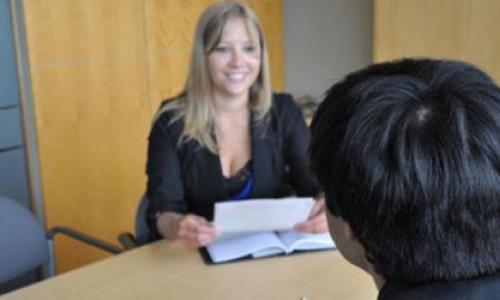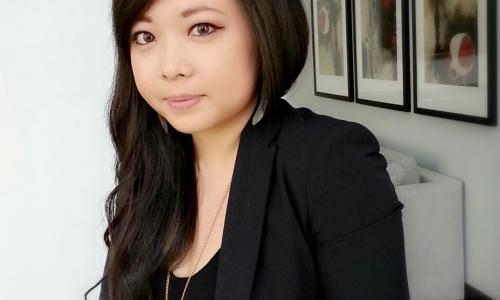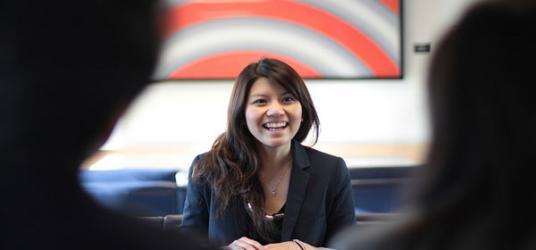
So you have just been shortlisted for an interview. What do you do next? You feel nervous and excited, yet uncertain. Many thoughts jump through your head and you imagine far ahead of what it would be like to work in the next semester. Then reality settles in and you realize there is quite a bit of preparation needed to succeed in an interview.
As a co-op student, going through the process of searching for my first placement was a daunting undertaking. Without much experience searching for a job, I had a lot of anxiety leading up to this process. I still remember the moment when I was shortlisted for two positions within the same company. Initially, I was very excited but the more I thought about it the more the fear and uncertainty began to settle in.
Similar to cover letters and resumes, preparation is crucial. Being successful during an interview relies not only on preparation, but also on confidence. Generally, the more prepared you are the more confident you will be as you are ready for nearly anything. The SFU Our Learning Community (OLC) website is a great resource for anyone, as it can help you with both your resume and interview skills. Reading previous work reports, doing mock one-on-one interviews, and researching the company are also great ways to prepare.
Research and preparation are key, however no matter how much you prepare the possibility of having a bad interview is always there. Even though I was prepared and did research prior to all my interviews, I unfortunately had an unpleasant experience a few months ago.
Before the interview, I prepared considerably by researching the company, practicing in a mock one-on-one interview and reading a work report written by a former intern. I felt really confident in myself and was ready to answer any the employer asked. However, nothing could prepare me for what was about to come next! The atmosphere during the interview was courteous but uncomfortable. I was interviewed by three people who were unwelcoming and disinterested in who I was. There were many awkward silences and questions asked that were not related to the job description. I was trying to be positive when answering the interview questions, but the energy I tried to exude was never reciprocated. Trying to salvage my unfortunate interview, I spoke slowly and answered all the questions to the best of my ability, even though I knew right from the beginning I wasn’t what they were looking for. I was confused and frustrated with how the interview went, but I left the room with my head high, knowing there was nothing more I could have done. However, I could not help but feel disappointed by the outcome and how it had unfolded. From feeling confident at the start of the day to the polar opposite after the interview, it took some time to get past the unanticipated experience.
Nonetheless, I knew that this particular incident was a good learning experience and that rejection was sometimes a part of the process. I learned that even though I was prepared and did all my research, sometimes the results are not always positive. No amount of preparation can help you to forecast the unexpected. Enduring a bad interview is inevitable; therefore do not be frustrated when it happens. I realize now that it is about how you handle the situation and what you learn from it. Sometimes, a great interview may not result in a job offer or vice versa. You can never know how good or bad situations can turn out. However, I stress the fact that knowing yourself and how to handle yourself in different situations is critical. Being positive helps turn things around and shows your potential employer that even though you do not have a particular skill, you are still capable of learning and excelling at it if given the opportunity. Moving forward and learning from my experience, I know that composure, preparation, and a positive attitude keeps me ready for anything that comes ahead.



